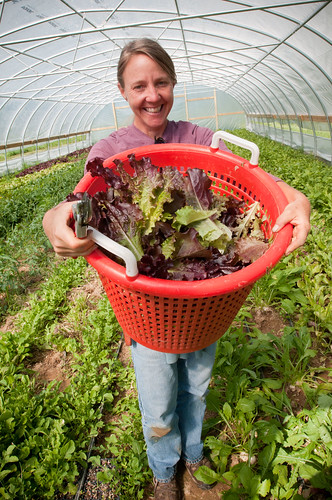It Comes Naturally: Advice On Growing An Organic Garden
Organic gardening is a hobby that requires both a green thumb and great patience. This hobby can help you grow food that is healthy and pesticide free.Easier than it sounds though, right? Read the following tips below to see what you need to begin growing like a pro.
Your children will enjoy the experience of working with your organic gardening endeavors. A garden can provide a wonderful learning experience for children, and it gives you a chance to bond while producing healthy food.
Keep your garden tools close by to maximize gardening efficiency.
After seeds have sprouted, the containers do not need to stay as warm as they once did. Keep an eye on your seeds to know when you should do this.
This also gives your flowers appear beautiful and finished all year long.
Have plastic bags on hand that you may cover your gardening shoes if they are muddy.
Pine Needles
Pine needles make a great mulch. Cover soil beds with a few inches of pine needles, they will disperse acid to the soil.
Try not to let the chores associated to your organic garden chores build up. Even if you’re to busy to focus on your garden’s needs each day, you can try little things that will prevent you from having a lot of work when you return to your garden. For example, pluck weeds while you take your dog outside or before getting in your car.
Some typical examples are petunias and petunias. If you are wondering whether or not the seeds require direct sunlight, look online or at the package.
When you run your personal organic garden, try lightly petting your seedlings — either with the palm of your hand or something like a sheet of cardboard — once or twice each day. This sounds like total nonsense, but research has proven that doing this will help your plants grow bigger than if they were not petted at all.
Create raised beds with stone, bricks or untreated wood. Choose a wood that is naturally resistant to rot and is untreated. Good choices are cedar, cedar and locust. In order to avoid toxic substances from getting into the ground and perhaps into your vegetables, don’t use treated wood since its chemicals can leech into the food crops and soil. If you are already using treated lumber, you can still use it, or a different barrier, in order to protect your garden.
Organic gardening takes patience and hard work. This hobby makes good use of your land to produce tasty vegetables and fruits. It takes a combination of knowledge, skill and experience to become a good organic gardener. The tips you’ve read above will help you towards that goal.
It Comes Naturally: Advice On Growing An Organic Garden Read More »

